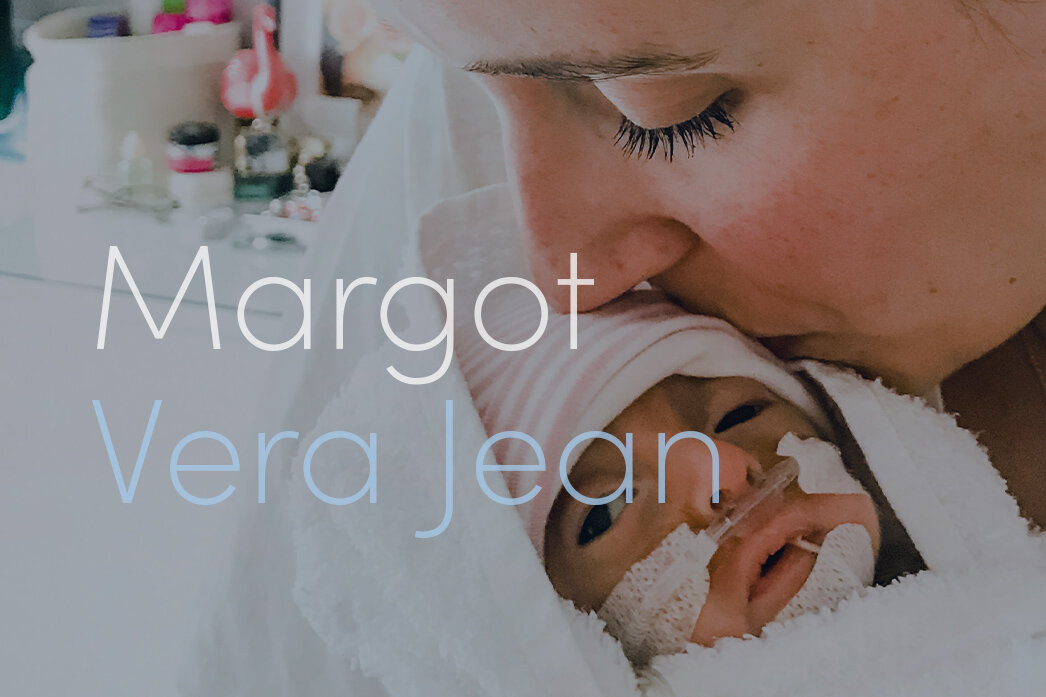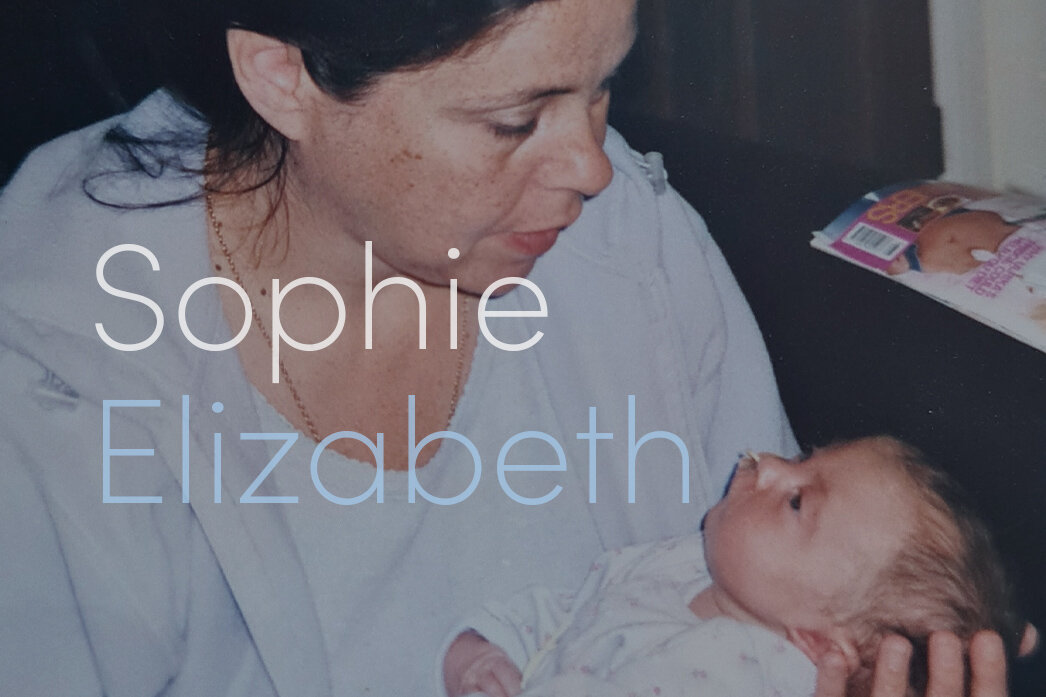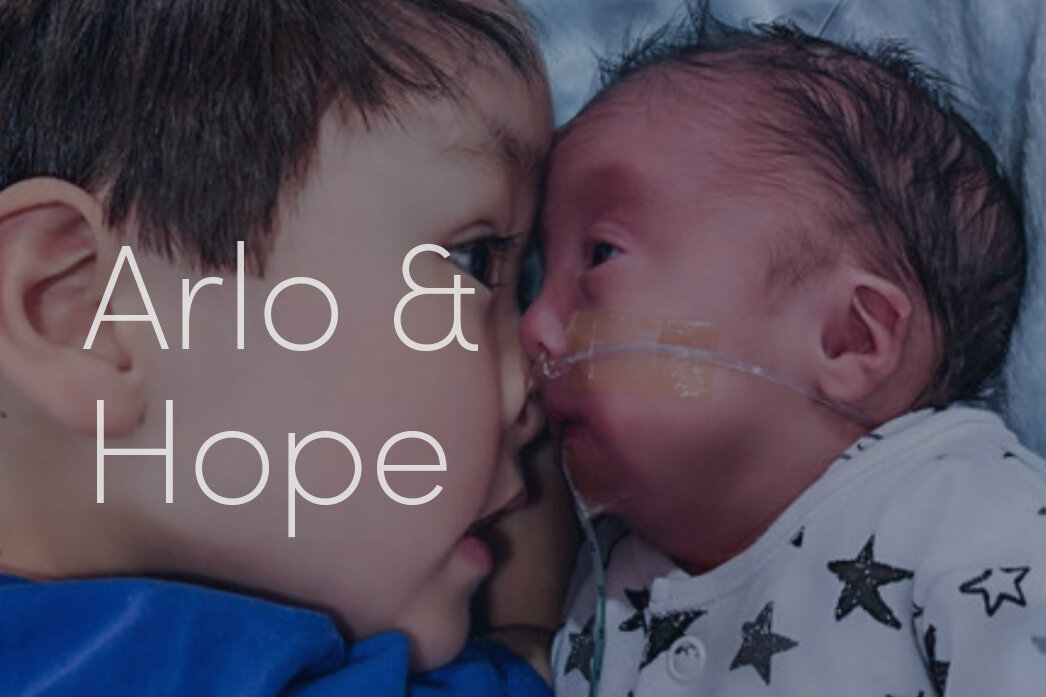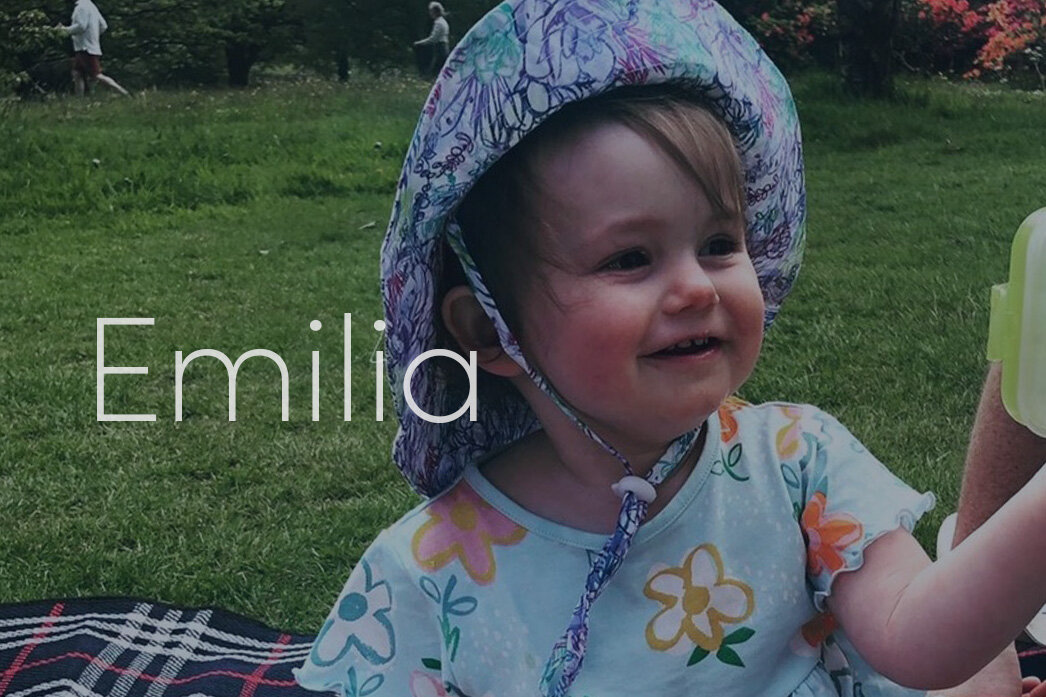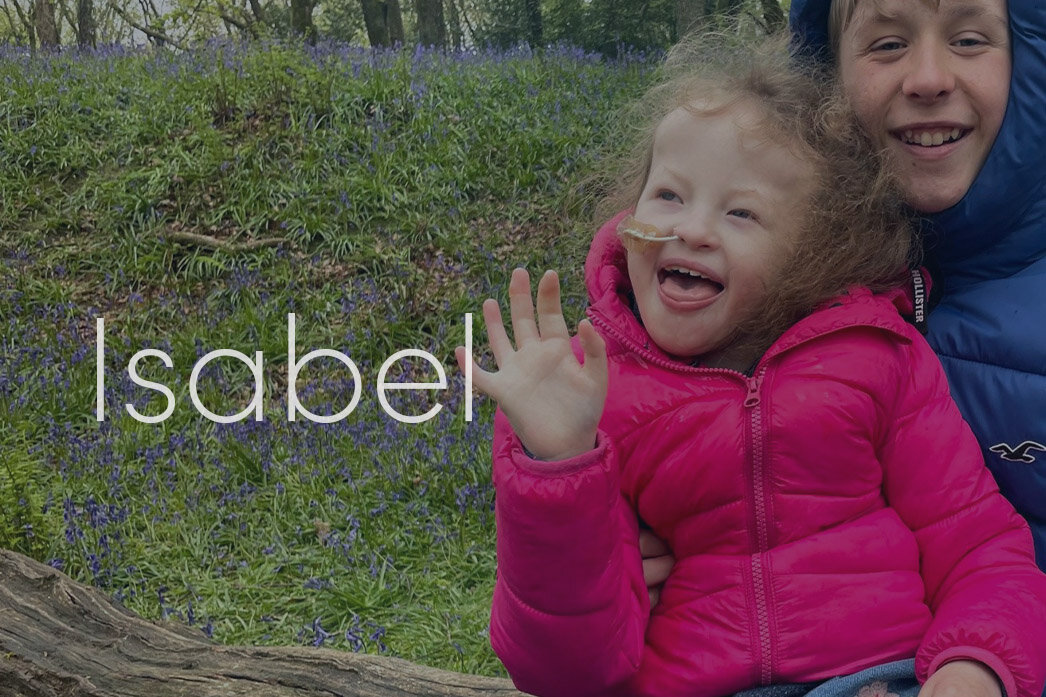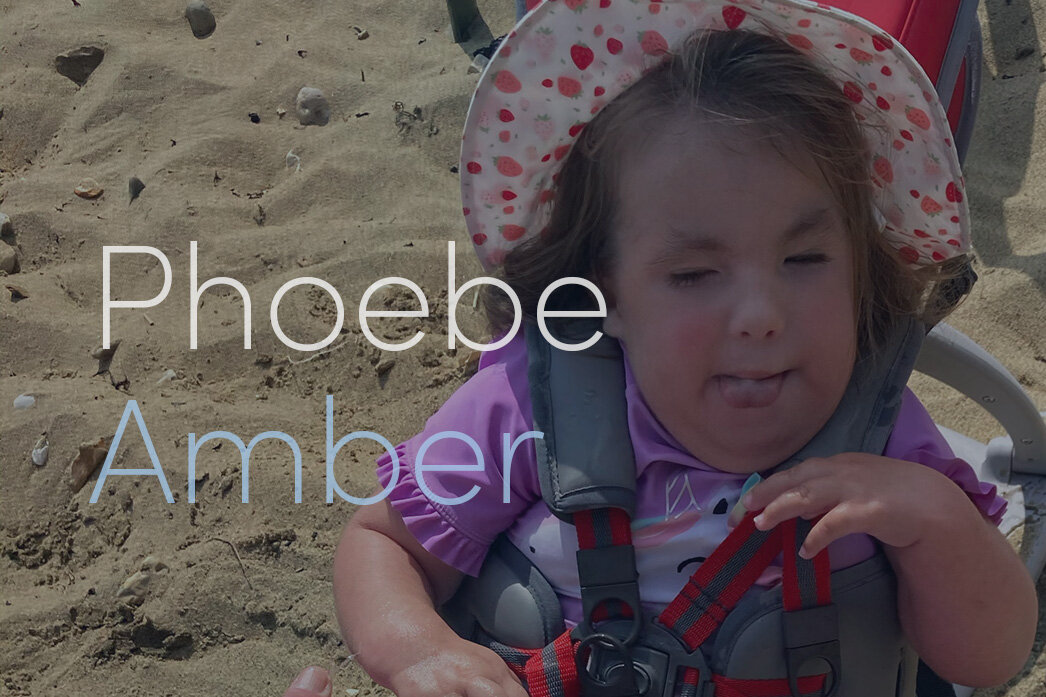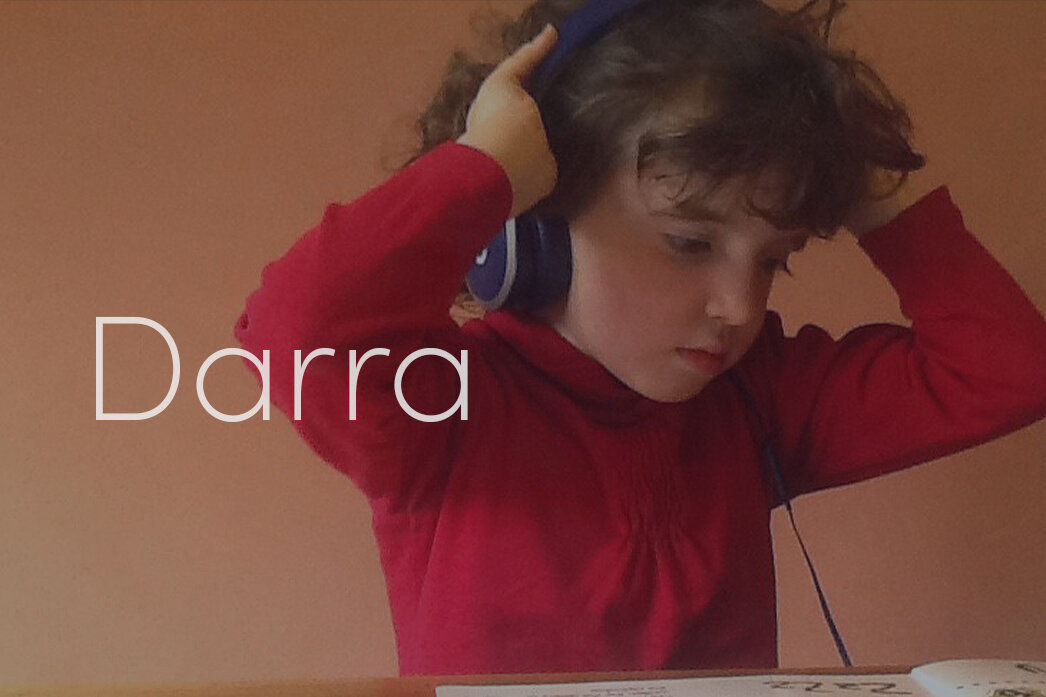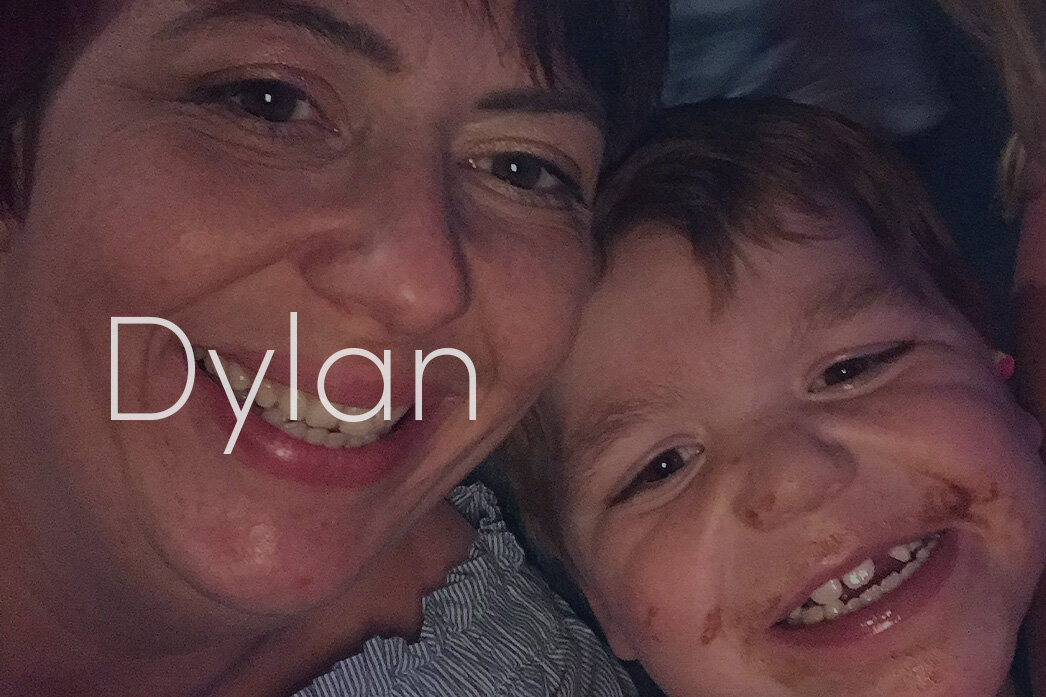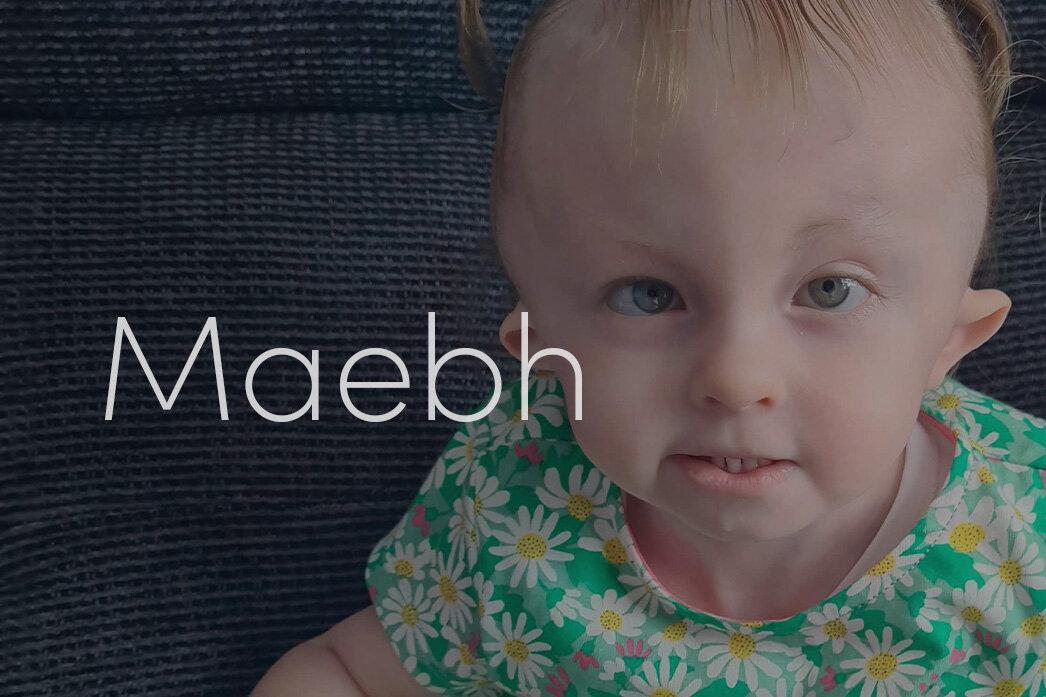Dylan brought a smile to every room.
He was on oxygen full-time and you’d see him crawling down the garden as best he could on this extra long wire connected to a concentrator, he was so determined. He was determined to be who he wanted to be. He would get into everything but he just had a cheeky way about him. He was amazing.
At the 20-week scan, we found out that Dylan had quite a complex heart condition, 3 quite major conditions all in one. When Dylan was born, he decided to surprise everybody and his heart was actually doing okay but he had a complicated blood sugar disorder called hyperinsulinism which causes blood sugars to drop. They lost him for a prolonged period but they managed to get him back. He had hyperinsulinism along with the major heart defects and ended up spending quite a lot of time in Alder Hey.
They asked if they could take blood and skin samples to send off and we agreed.
We then got an appointment when Dylan was about 14-months-old, almost a year later. The day before the appointment, we received a letter saying ‘your child has Patau Syndrome’. I had thought we were going to find out what the condition was in the appointment and the letter didn’t really give an awful lot of information. It just gave the facts of what it was, so we Googled it.
We went to see them, and there wasn’t an awful lot more information given to us from the Geneticist. They just said: “Well, we don’t know what he’s going to do. We don’t know whether he is going to survive this. We know that children with Patau Syndrome are, generally, incompatible with life”. It was the first time that I’d heard that term used. I didn’t realize there was ever such a thing as being incompatible with life. You’re trying to take all this information in and you’ve had 24 hours of looking at memorial pages. Then somebody is telling you your child is incompatible with life but my boy is sat in his chair - trying to rock himself out of this room - and he is definitely not incompatible with life at that time.
Then they went through the other information they could find with Dylan’s combination of illnesses, from the blood sugar disorder to the heart, and the only other case that they could find was a little girl in China who was reported to live to 18-months-old. We weren’t far off that and so, at that point, the fear comes in when you realize that once he gets to 18-months-old, he’s going to be the oldest that they’ve got on report. We never heard from the Geneticist again.
Through every consultation, I repeatedly said: “Please don’t let his diagnosis of Patau Syndrome affect your decision. Please take it on Dylan”. It did scare me. I was told a child can’t survive with Patau Syndrome. It was mosaic in Dylan’s case but his combination of conditions was very complicated. There is a hope, there is always hope for any child, they’ll do what they’re going to do.
We were very fortunate with our consultants in Alder Hey.
The Cardiologist, his Endocrinologist and his Neurologist were all very much on the same page as me but I did meet others that weren’t, who were very dismissive. They would say: “Well he’s not going to get older anyway, is he”. You don’t want to hear that about your child, you never want to hear that about your child. We are all aware of the danger and we are all aware of the prognosis. We’re all aware of how complicated these children can be but they’re still our children and they’re still fighting. Whilst they’re fighting for their life and for their quality of life then they should not be judged on what a piece of paper says in a book.
Before the diagnosis, we had hyperinsulinism and we had these complicated heart defects but we didn’t have anywhere we fitted because the heart people had never heard of blood sugar disorders. Having a diagnosis of Patau Syndrome gave us somewhere to belong. Before that, we survived in a bubble. Getting the understanding from other people stops you feeling so alone. My other children also got to know some of the other siblings who were going through the same thing and had that support network too. It took me from quite a dark place.
From pregnancy, Dylan was given a very low prognosis because, even before Patau Syndrome was in the mix, they told us that it was highly unlikely that, with his heart complications, he would live past 1, so we knew that he lived on borrowed time, and every day was a blessing. Dylan was 1 month before his 10th birthday when he passed away and he lived a very full life. Dylan had a go at everything: he went on steam trains; on power boats; he climbed to the top of castles; he travelled the length and breadth of the country. We adapted everything that we wanted to do so that he could be involved in it.
In his last year, Dylan went downhill quite quickly.
There were complications after a surgery and so we moved on to palliative care. It’s very difficult to manage and it was a time when I turned to a few of the Patau Syndrome mums who had been where I was. I knew after the first surgery he had at the Christmas before he passed away, that we were coming towards the end. We were making memories. And at that time, it was so important for me to have that support from the community, from the support groups that I had online, from the other Patau’s mums that I’d made contact with and from mums that I’d supported through that time, even though I didn’t understand it myself. It was a tough year.
Trust your instinct, believe in your knowledge in your child.
There were many times when I had butted heads with doctors who were telling me one thing and yet I knew different. You pick up so much through these children’s lives - you learn to be their consultant and you know every area of your own child. The doctors that you’re working with know the areas that they are specialists in, and they are amazing, but trust your instincts with your child. You know what’s going on and you know when it is time.
I love the fact that even now I can be walking down the street and a stranger will stop me and say: “You’re Dylan’s mum”. Dylan had a way about him and make an impact on people wherever he went. More than anything, I would like the doctors and nurses that have met him to realize that he was Dylan. He was not a child with Patau Syndrome, he was Dylan Edge. He did it his way and that’s what I would like them to take away from that. These children are children, they are their own person, they are going to walk their own path - whichever path that may be. Treat them like a person, not like a diagnosis.
The child will do what the child will do. Not every child is going to make it to 10, not every child is going to pass away before they’re 10. Just trust your gut. For me, when Dylan passed, I was at peace with what he’d achieved in his life. In my head, I needed to make sure that I’d given him the opportunity to live as best he could and I know I did, my family did. He got the best chance he could have.
Read the other Stories in the ‘You’re not Alone’ Exhibition
Gratefully supported by:










